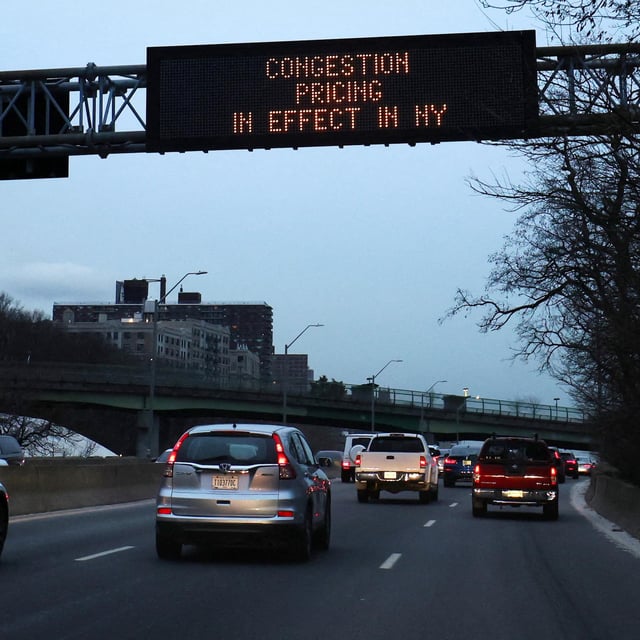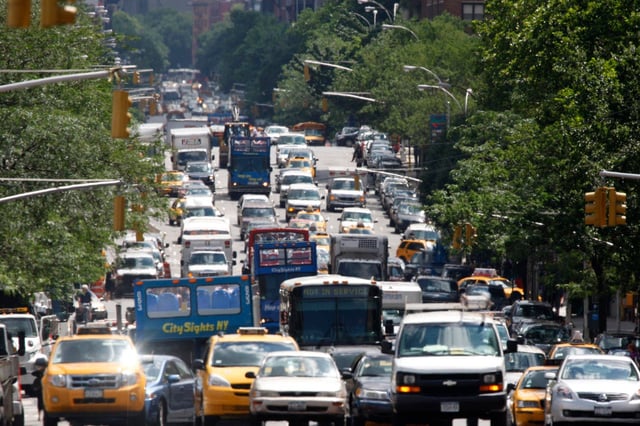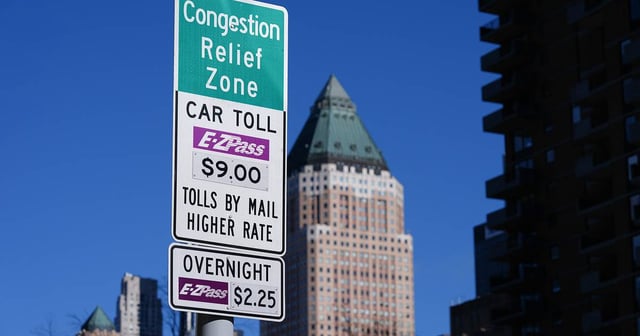Overview
- New York City has implemented the U.S.'s first congestion pricing policy, charging vehicles entering Manhattan below 60th Street during peak hours to reduce traffic and emissions.
- The policy has led to a 7.5% drop in vehicles entering the central business district and significantly improved travel times, with morning rush hour speeds doubling through key tunnels.
- Revenue from the $9 toll for cars, and higher fees for trucks and buses, is expected to generate $1 billion annually to fund upgrades to New York's aging public transit system.
- Critics include suburban commuters, parking garage owners, and outer-borough workers who face increased costs, while restaurant owners report higher delivery fees and operational challenges.
- Proponents argue the policy encourages sustainable transportation, reduces greenhouse gas emissions, and positions New York as a model for urban mobility solutions in the U.S. and globally.


